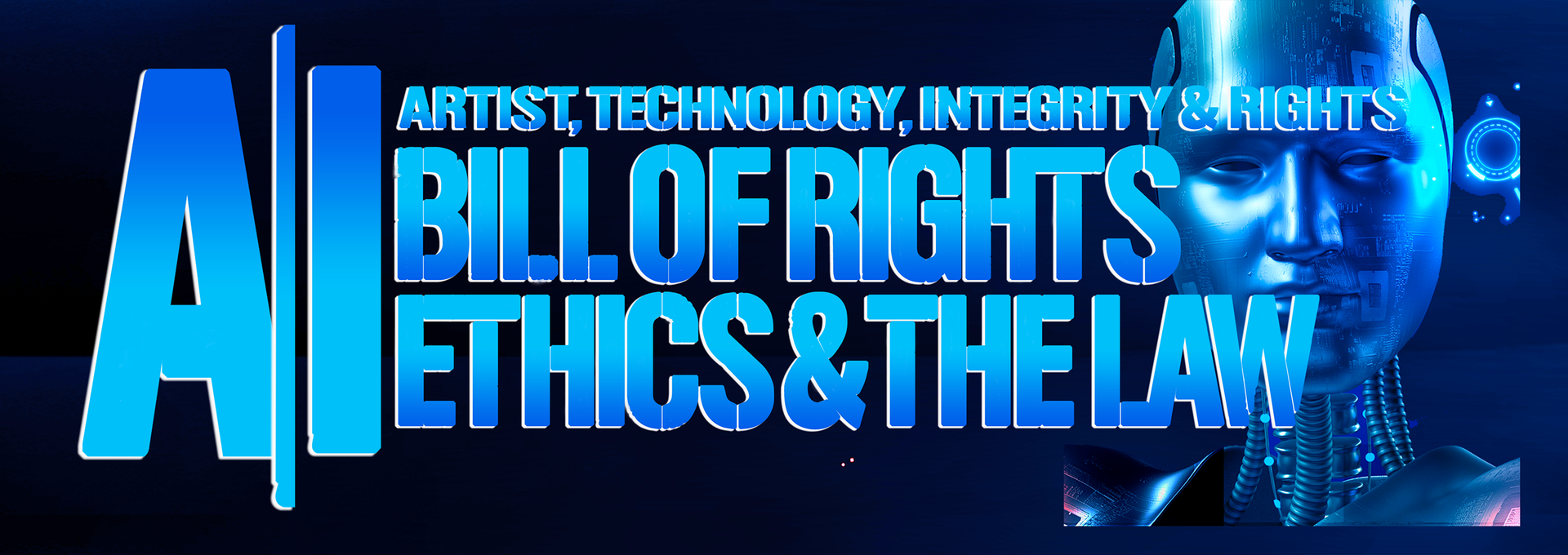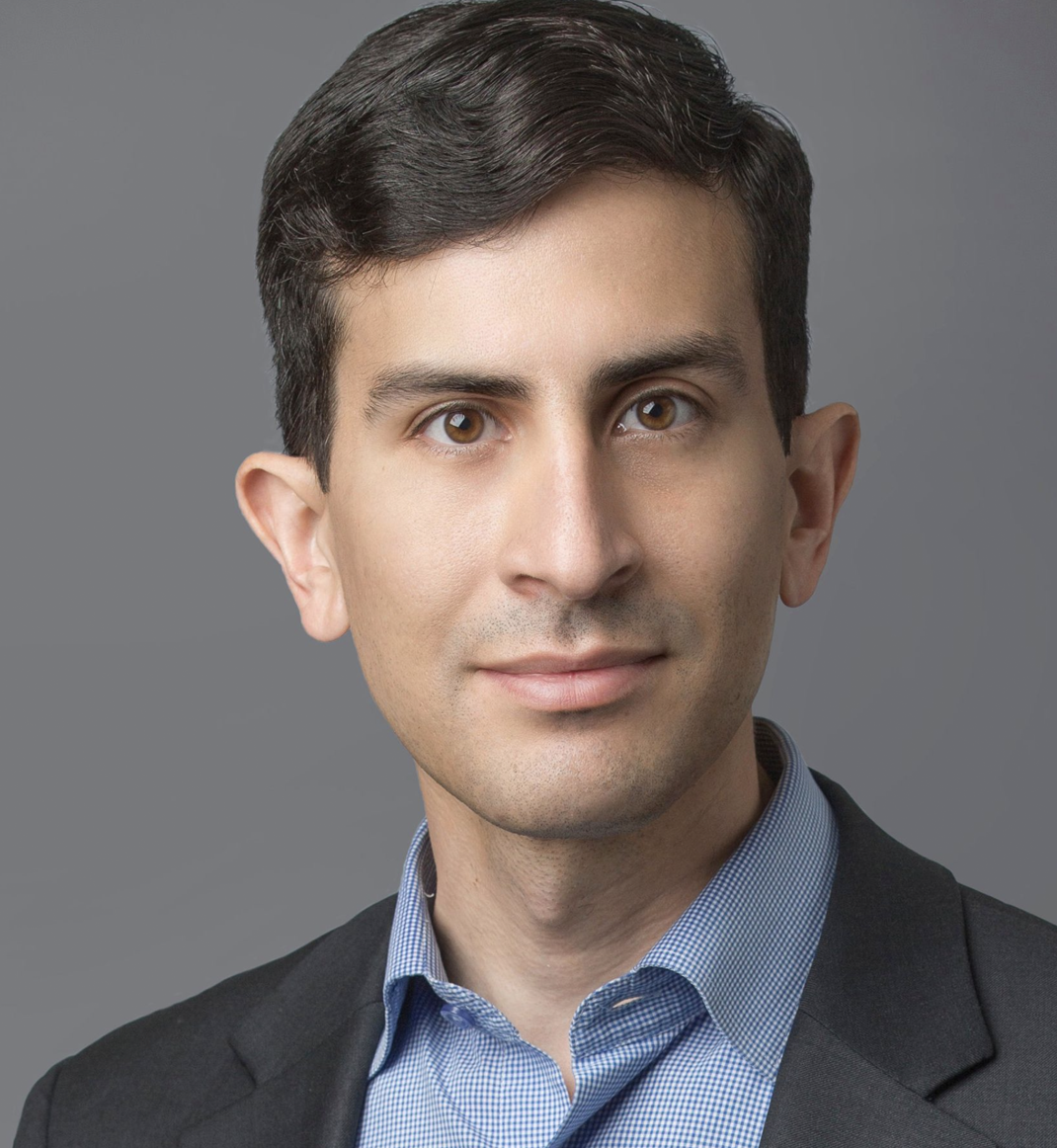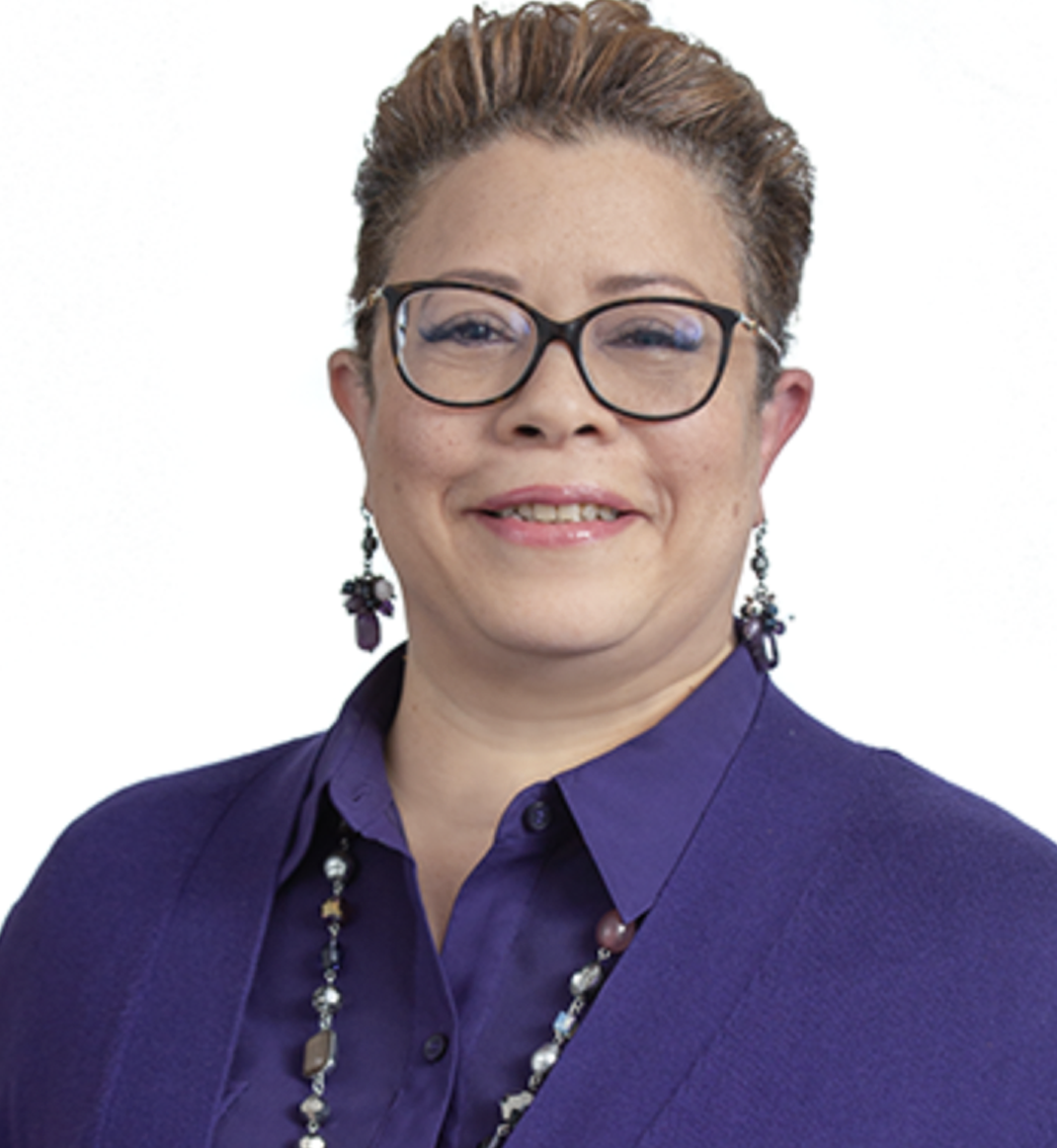
"AI Bill of Rights - Ethics and the Law"
Thursday, October 19th, 2023
4:00 PM - 4:50 PM - Eastern Time Zone
A Blueprint for Government Oversight and Regulation of AI
Since the release of ChatGPT, AI has dominated the news and become a focus in Congress and with the White House. There are a range of domestic and international efforts to regulate AI, including various legislative proposals, executive branch initiatives of the White House, the Office of Science and Technology Policy, the National Institute of Standards and Technology, as well as what is happening internationally including the EU Artificial Intelligence Act. While it is critical for even low-risk AI systems to be developed and used responsibly, there is no consensus on how much they should be regulated. This session will discuss and debate what level of regulation is needed to remain competitive while protecting Americans.
Daniel Castro, Vice President, ITIF, and Director, Center for Data Innovation
Naomi Lefkovitz, Senior Privacy Policy Advisor, Manager, Privacy Engineering, National Institute of Standards and Technology
Alex Alben, Professor, UCLA School of Law & Co-Director, AI Forum
Dona J. Fraser, Senior Vice President, Privacy Initiatives, BBB National Programs
Paul Lekas, Senior Vice President, Global Public Policy, Software & Information Industry Association (SIIA), Moderator

Slide title
Daniel Castro
Button
Slide title
Naomi Lefkovitz
Button
Slide title
Dona Fraser
Button
Slide title
Alex Alben
Button
Slide title
Paul Lekas
Button
Naomi Lefkovitz is the Senior Privacy Policy Advisor in the Information Technology Lab at the National Institute of Standards and Technology, U.S. Department of Commerce. She leads the privacy engineering program, which focuses on developing privacy risk management processes and integrating solutions for protecting individuals’ privacy into information technologies, including digital identity services, IoT, smart cities, big data, mobile, and artificial intelligence. In addition, she leads the NIST Privacy Framework team. The International Association of Privacy Professionals named Ms. Lefkovitz their 2020 Vanguard Award winner. She also is a 2014, 2018, and 2020 Federal 100 Awards winner. FierceGovernmentIT named her on their 2013 “Fierce15” list of the most forward-thinking people working within government information technology. Before joining NIST, she was the Director for Privacy and Civil Liberties in the Cybersecurity Directorate of the National Security Council in the Executive Office of the President. Her portfolio included the National Strategy for Trusted Identities in Cyberspace as well as addressing the privacy and civil liberties impact of the Obama Administration’s cybersecurity initiatives and programs. Prior to her tenure in the Obama Administration, Ms. Lefkovitz was a senior attorney with the Division of Privacy and Identity Protection at the Federal Trade Commission. Her responsibilities focused primarily on policy matters, including legislation, rulemakings, and business and consumer education in the areas of identity theft, data security and privacy. At the outset of her career, she was Assistant General Counsel at CDnow, Inc., an early online music retailer. Ms. Lefkovitz holds a B.A. with honors in French Literature from Bryn Mawr College and a J.D. with honors from Temple University School of Law.
Dona J. Fraser, Senior Vice President, Privacy Initiatives, BBB National Programs:
Dona Fraser provides a deep understanding of the complexities of privacy issues and the marketplace challenges facing advertisers and brings extensive experience in the self-regulation space with a track record of helping companies do the right thing for consumers. Ms. Fraser has been instrumental in driving progress in a variety of organizational initiatives, including leading the organization’s first ever PrivacyCollective Roundtable, an event that brought together privacy experts to discuss issues facing the marketplace and craft solutions. She has also overhauled and expanded services provided by BBB National Programs’ Children’s Advertising Review Unit (CARU), growing membership and nearly doubling participant numbers for the CARU COPPA Safe Harbor program— the first FTC-approved Safe Harbor program. Dona is a recipient of the 2023 Top Women in Media and Ad Tech Award for her work in leading best practices in the ever-changing landscape of privacy regulation.
Alex Alben teaches Privacy, Data & Cybsersecurity at the UCLA School of Law. He has previously taught Internet Law and Privacy courses at both UCLA and the University of Washington law school. For most of his career, Alex served as a senior executive for pioneering Internet companies RealNetworks and Starwave Corporation, where he created new digital media products that enabled the distribution of video and music on the Internet and worked with industry groups to devise new content distribution models. From 2015-19, he served as Washington State's first Chief Privacy Officer. Alben is engaged in both research and policy development relating to Cybersecurity, Anti-Trust issues relating to Big Tech and the ethical conundrums created by Artificial Intelligence. He also is working on implementation of The California Consumer Privacy Act. Alben has represented the high-tech industry in national and global policy groups and testified before the U.S. House, Senate and Copyright Office on copyright and media issues resulting from the growth of the Internet and online networks. In 2004, he ran for the U.S. Congress from Washington's 8th district. He has worked for an alternative energy company founded by Bill Gates, raised an early-stage venture fund for start-up companies emerging from the University of Washington and authored a study for the UW and City of Seattle on developing incubators and attracting start-up companies. Alben received his A.B. with distinction from Stanford University, and his J.D. from Stanford Law School. His publications have appeared in the Seattle University Law Review, Stanford Law & Policy Review, University of Washington Law Policy Law Journal, the Los Angeles Times, the Seattle Times, and the New York Times among others. He is the author of Analog Days: How Technology Rewrote Our Future.
Paul Lekas, Senior Vice President, Global Public Policy, Software & Information Industry Association (SIIA): Paul is an experienced advocate, lawyer, and expert in technology policy, government affairs, regulatory design, privacy, and national security. He has advised senior leaders in business and government for two decades. Previously, Paul served in senior legal and policy positions with the U.S. government. He was the Deputy General Counsel (Legal Counsel) at the Department of Defense, with responsibilities for significant litigation, constitutional issues, privacy, congressional investigations, and certain counterterrorism and cybersecurity matters. He also served as General Counsel of the National Commission on Military, National, and Public Services and as director of research and analysis and senior advisor to National Security Commission on Artificial Intelligence (NSCAI). With NSCAI, Paul led all work on foreign policy and developed recommendations that have served as a blueprint for Biden administration initiatives on critical and emerging technologies. His government service followed over a decade in private law practice in New York and Washington, DC, where he represented dozens of individual and institutional clients in litigation, sensitive investigations, and strategic counseling. Paul’s outside activities include membership in the following: Future of Privacy Forum Advisory Board; EdSAFE AI Alliance Advisory Counsel; G7 Task Force on Governance for a Digitized Society; and NIST Generative AI Public Working Group. He is an advisory on foreign policy and AI for the Special Competitive Studies Project and served as national security legal counsel to the Biden-Harris Transition Team in 2020-21. Paul received his A.B. and J.D. degrees from Harvard University.
